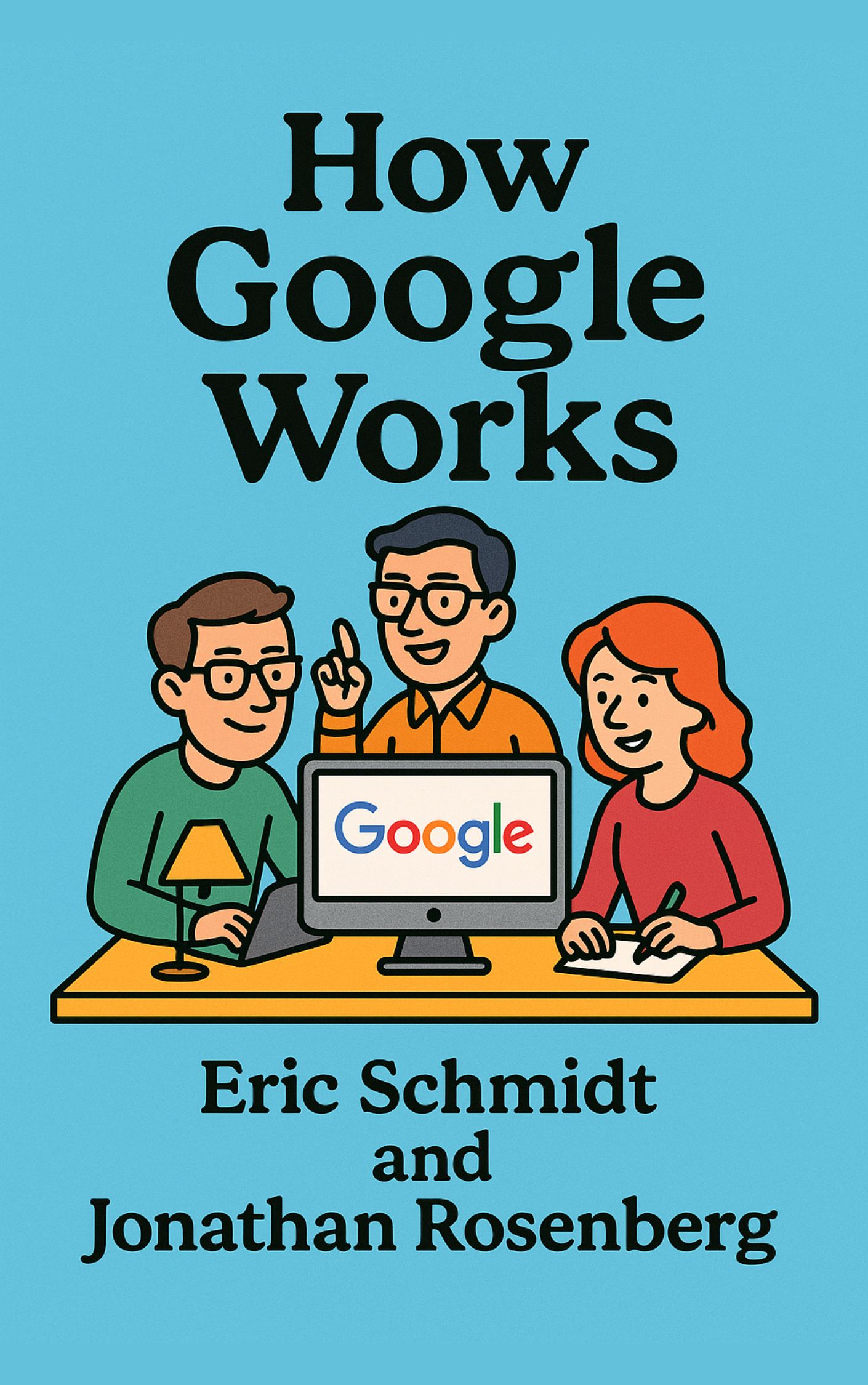Description
Google began in 1998 with a simple mission: build the best search engine in the world. Its founders, Larry Page and Sergey Brin, believed that great products—not flashy marketing—would bring success. They focused on hiring brilliant, curious, and driven people, known as “smart creatives,” and gave them the freedom to experiment. Over time, this mix of talent, independence, and ambition shaped a company culture that fuels innovation year after year.
In today’s fast-changing world, good products are more important than clever ads. Customers have endless options and will quickly switch to something better if they’re not satisfied. Technology makes it easy to create and release products quickly, so companies must focus on excellence. Google proved that when you build something outstanding—like its search algorithm—success naturally follows.
Hiring smart creatives is central to this. These people mix technical expertise with business sense and creative thinking. They challenge rules, stay curious, and work tirelessly to solve problems. Google doesn’t leave hiring to one manager; it uses committees that bring different perspectives. This reduces bias and increases the chances of finding truly exceptional people. Interviews focus not just on skills but also on passions, problem-solving ability, and personality. Once hired, these employees are kept engaged by being challenged with meaningful work and opportunities to learn from top leaders.
A company’s culture is just as important as its people. Smart creatives thrive in environments where they can speak freely, make decisions, and collaborate easily. Google encourages openness and quick interaction, while avoiding unnecessary bureaucracy. It defines its values clearly—like “Don’t be evil” and “Make the world a better place”—to attract people who are motivated by purpose, not just money. In such an environment, employees often go beyond their official duties to solve problems simply because they care.
Rather than following a rigid business plan, Google works from a strategic foundation—a set of guiding principles that leaves room for change. This allows the company to react quickly to new challenges and opportunities. The foundation includes focusing on great technical insights, aiming for global growth through platforms, and being as open as possible with information.
Decision-making at Google is a collaborative process. Leaders don’t just hand down orders; they foster discussions where every voice is heard. This might take longer, but it builds consensus, so everyone supports the final choice. Major decisions may be debated for weeks, but deadlines ensure they’re made in time to matter.
Openness is a core principle. Google shares information widely, from company reports to project details, so employees can understand and contribute across teams. Weekly meetings let anyone ask the founders questions, with the most popular questions voted up by peers. Such transparency builds trust and encourages collaboration.
Innovation at Google isn’t forced through titles or formal programs—it’s encouraged through culture. Employees are given ambitious goals, the freedom to fail, and dedicated time to explore their own ideas. Risky projects get funding alongside core work, keeping fresh ideas flowing. Gmail, for example, was created during an engineer’s “20-percent time” to work on personal projects.
The key lesson is simple: to build a culture of innovation, hire smart, driven, creative people, give them the space to explore, share information openly, and set challenges that inspire bold thinking. Leadership means guiding and supporting rather than controlling every move. When people feel trusted, valued, and excited about their work, they will create products that change the world.





